Earlier this week we wrote about how Bavaria’s metropolitan economies are the leading centers of growth in a sluggish German economy. Yesterday, a delegation of leaders from around the United States arrived in Munich as part of the Global Cities Initiative (GCI) to begin a three-day study tour that will dig deeper on what drives Bavaria’s global competitiveness, and identify possible lessons to be implemented at home.
A new GCI case study by Greg Clark and Tim Moonen on Munich’s position in the global economy sheds some light on these questions. It concludes that Munich is one of the most dynamic medium-sized urban economies in Europe, embodying many of the 10 traits that define global fluency.
Munich succeeds in the global marketplace on the strength of its vibrant and diversified industrial base. Specializations with global reach range from automotive and aerospace production to biotechnology to media and financial services. Munich Lord Mayor Dieter Reiter referred to this combination as the “Munich mix” in his remarks at a welcome ceremony for the U.S. delegation at the city’s historic Neues Rathaus. These industries are the anchors for the region’s trading relationships, which link it deeply to the United States. U.S. regions are the top export destination for Bavarian-based firms, totaling €18.9 billion in trade in 2013, and at least 1,000 American companies have operations in Bavaria.
Several other visible traits of global fluency undergird Munich’s strong industrial specializations. Most prominent is the region’s dense network of knowledge institutions: universities, research institutes, and cultural and scientific institutions. This network provides both a strong base of advanced research for industry and creates a pipeline of highly skilled workers. In a briefing for delegates, Invest in Bavaria head Wolfgang Hübschle noted that municipalities along a small stretch of the autobahn in Bavaria account for fully one-third of both German engineers and R&D activity. These factors have helped contribute to low 3.8 percent unemployment statewide.
Ample job opportunities draw in talent from across Germany and the world, but so does a distinct culture that is both traditional and welcoming to new people and ideas. U.S. Consul General Bill Moeller summed up this ethos in Bavaria’s unofficial nickname: “The Land of Laptops and Lederhosen.”
Engaged business, political, and civic leaders in the Munich region constitute yet another advantage. Assertive city and state leadership stewarded significant investments in the core drivers of economic growth—research and development, human capital, infrastructure, and trade— targeted to key industry clusters. As a result, the region finds itself in a good position to take advantage of the coming wave of technological disruption in key industries like automotive manufacturing.
The next two days will hopefully present many opportunities to renew and deepen ties between leaders in Munich, and their counterparts from U.S. metro areas, probing what has made this city and region a global success story.
The Brookings Institution is committed to quality, independence, and impact.
We are supported by a diverse array of funders. In line with our values and policies, each Brookings publication represents the sole views of its author(s).
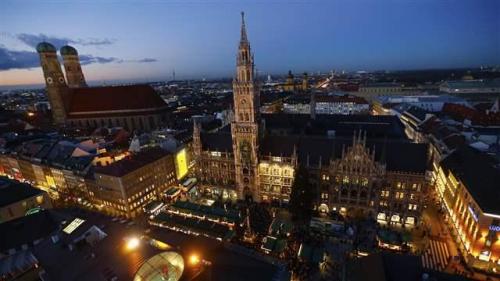
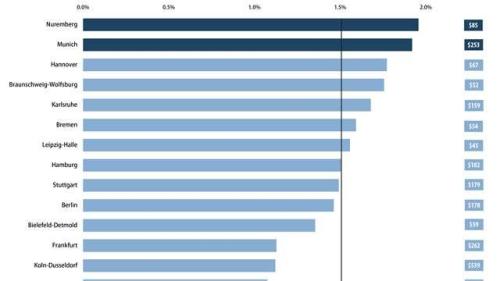
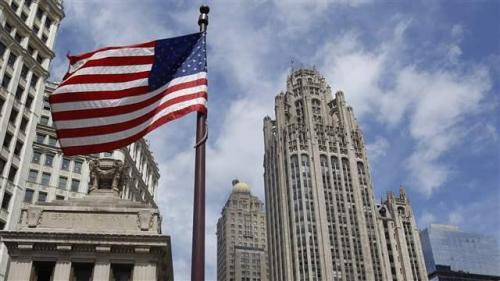
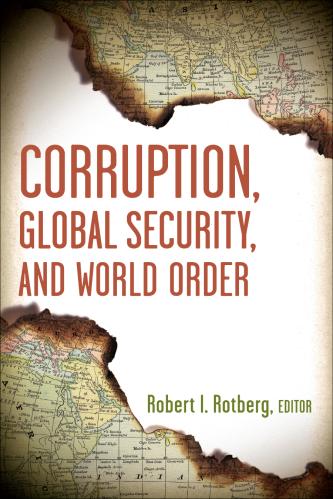
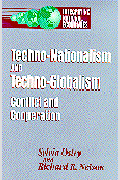
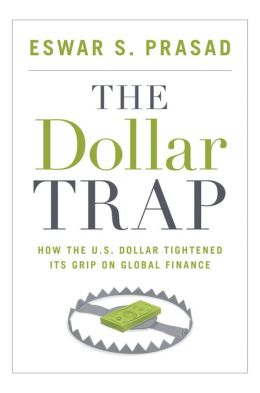





Commentary
The Secrets of Munich’s Success
November 19, 2014